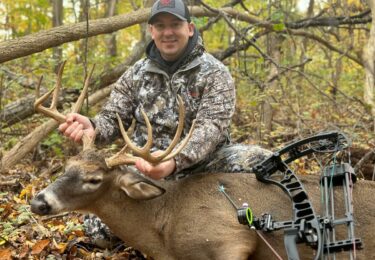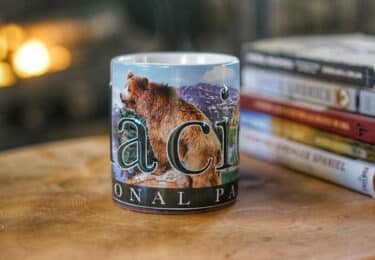Whether you only shoot your rifle 100 yards or less or out to 1000+ yards, you have probably seen the abbreviation B.C. on a box of ammo or a box of bullets before. Also, whether you only shoot short ranges or long ranges, knowing and understanding what it is will help you hit your target better.
Today I am going to focus this tip on the short-range shooter, as most of the group typically only shoots a rifle less than 400 yards. I will get into the complexities of BC more in the long-range series of tips to come in the future.
Okay, so what is BC? BC is the abbreviation for bullet coefficient. The bullet coefficient can be simply defined as a particular bullet’s ability to pass through the air. I am not going to provide an equation (which no one really cares about anyways), but it is basically a pressure (units are pounds per square inch, psi) that compares your bullet to a standard bullet that we know the drag of. This is why you typically see 2 different BCs noted on the box (G1 and G7). Without getting into the differences, I will just say that for most rifles, the G1 number is pointless, so get used to just reading the G7 number for now. The G1 and G7 bullets are the standard bullets that we know the drag of.
So what kind of BC should you be looking for? Well, needless to say, it depends. Generally speaking, the higher the BC of the bullet, the better it will penetrate the air. This is mostly due to the bullet weight and shape of the bullet.
You would naturally think that the high BC bullet is always what you want if that means it penetrates the air better. For the short-range shooter, however, we already know from the previous shooting tip, that we want a really flat shooting bullet to maximize our point-blank range. That being said, a heavy high BC bullet will ultimately not shoot as flat in short ranges because of gravity drop.
For the average shooter, I really encourage you to pay attention to BC the next time you buy ammo. The media and industry is pushing these expensive high BC bullets to the market even
though most people need the exact opposite. For this reason, the next statement is important. There is an advantage for most people to have a light and low BC bullet over the newer heavy high BC bullets.
Now, this is a general statement and depends on the caliber of the rifle, but for most rifles, a lightweight and lower BC bullet will be more effective inside 500 yards compared to a heavy, high BC bullet. This is because the lightweight bullet will be less affected by gravity until a certain point and ultimately shoot flatter.
I won’t get into this today, but there is a Crossover point in which the heavier bullet will become flatter and superior to the lightweight bullet, but you don’t care about that if you’re not shooting long range.
My advice to you all is to ignore the industry push for using high BC bullets (like Nosler trophy grade or Hornady precision hunter) and save your money by purchasing a lighter more effective short range bullet.
By: Brian Halchak


